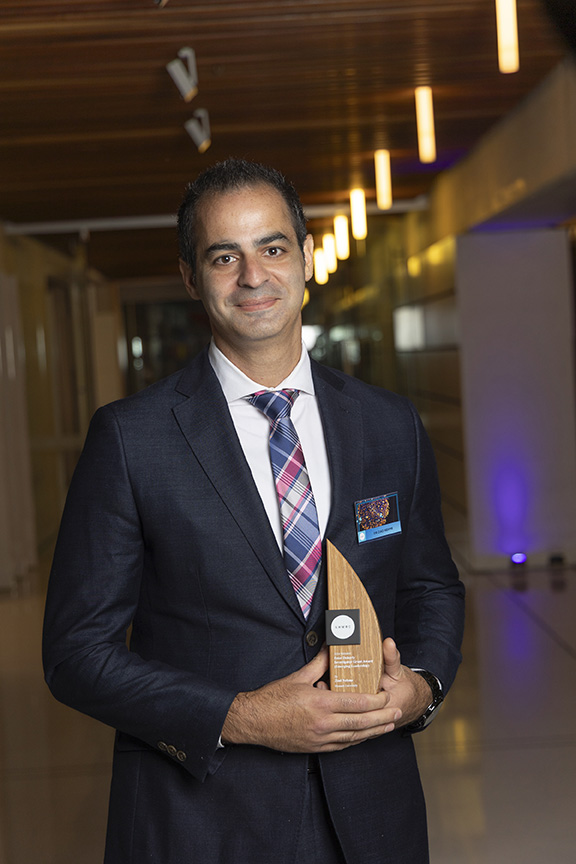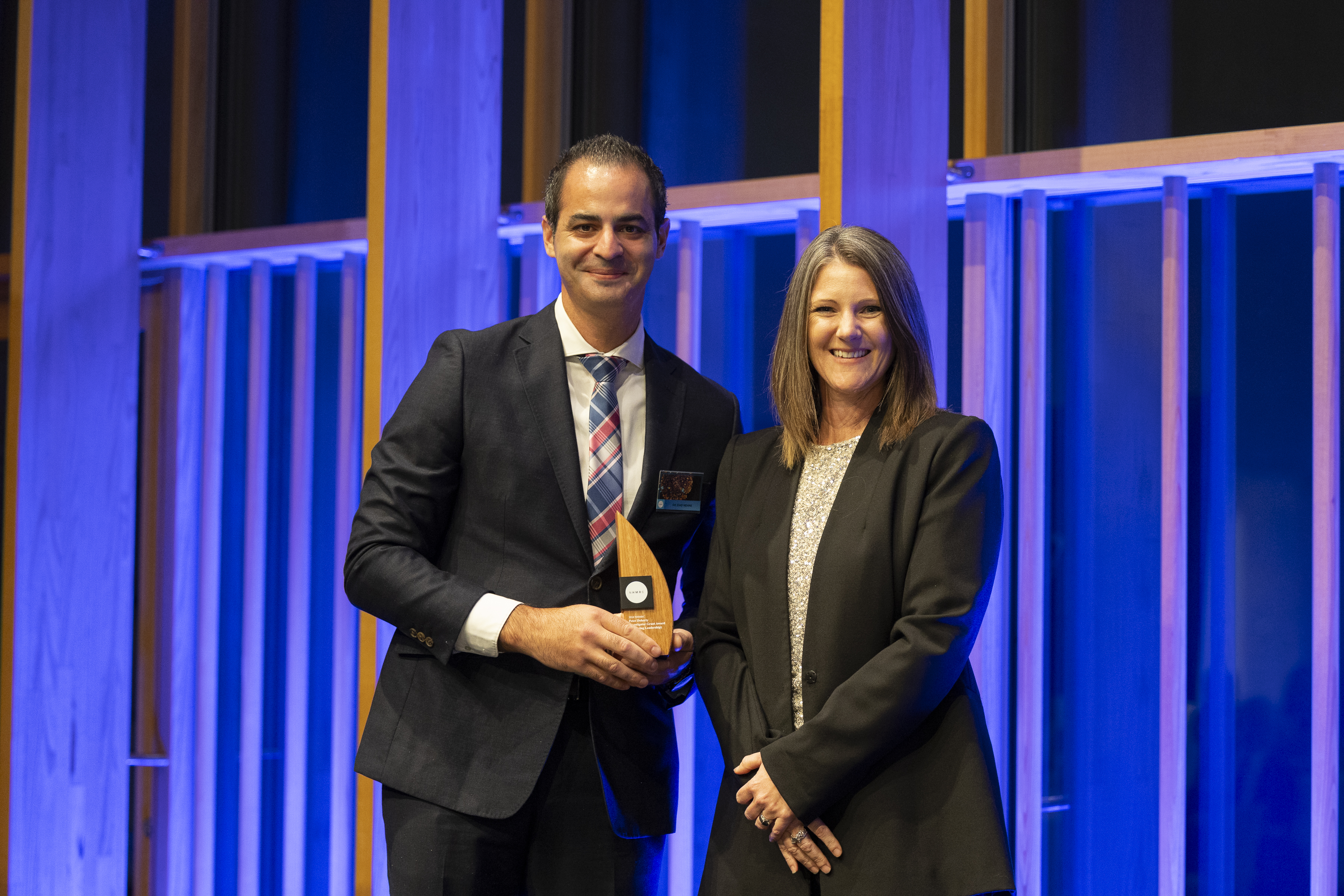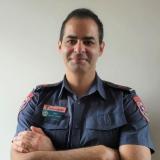Recipient of the 2024 NHMRC Peter Doherty Investigator Grant Award (Emerging Leadership), Dr Ziad Nehme is a paramedic-scientist with expertise in prehospital emergency care and resuscitation research. With a focus on early response to out-of-hospital cardiac arrest patients, Dr Nehme is targeting improvements in early recognition and activation of emergency services, accelerating treatments through community-based care, and enhancing the evidence-base in resuscitation.
Out-of-hospital cardiac arrest (OHCA) is widely regarded as the ultimate medical emergency. It strikes without warning, causing the heart to suddenly stop beating, leading to unconsciousness and absent or abnormal breathing. Without immediate intervention, survival becomes increasingly unlikely—every minute without cardiopulmonary resuscitation (CPR) reduces the chance of survival by approximately 10%.

“In Australia, the burden of OHCA is among the highest in the world, with more than 25,000 cases occurring annually. Yet, despite advancements in emergency medical care, survival remains tragically low, with only one in ten patients surviving.”
As a paramedic, I have spent the past 2 decades responding to these emergencies, witnessing firsthand both the triumphs and challenges that come with treating OHCA patients.
“While many in the community have expressed gratitude for the life-saving work paramedics do, my journey in research has been shaped by a starkly different reality—the devastating experience of seeing the majority of OHCA patients die before the arrival of the health system.”
Despite the efforts of paramedics and the broader healthcare system, too many patients succumb to OHCA due to delays in early recognition, a lack of timely bystander intervention, and insufficient access to defibrillation. Many victims receive little or no CPR from those around them, significantly reducing their chances of survival.
“This experience has driven my passion for research, fuelling my vision to enhance both patient and system responses to OHCA.”
Over the past decade, I have led a research program that has sought to transform the way OHCA care is delivered in Australia. Through a combination of evidence-based innovations and system-wide interventions, my team has played a pivotal role in improving survival outcomes.

“Our research has informed critical enhancements in health service delivery, including the implementation of high-performance CPR training for paramedics, mass media campaigns designed to improve community recognition of cardiac arrest symptoms, and the development of smartphone applications that mobilise bystanders to perform CPR and defibrillation before emergency services arrive.”
Additionally, we have conducted rigorous evaluations of many resuscitation interventions, ensuring that the best possible treatments are integrated into paramedic practice. Collectively, these initiatives have led to tangible improvements in OHCA survival, preventing hundreds of deaths each year in Victoria alone.
Building on this foundation, my NHMRC Emerging Leadership Fellowship will drive the next generation of OHCA care, harnessing technology, integration, and innovation to accelerate early treatment and improve patient outcomes. This research program will focus on three key areas, including:
- Optimising the identification of OHCA in the emergency call to minimise delays in dispatching first responders and engaging bystanders
- Testing novel, community-based interventions to expand access to early defibrillation, ensuring that more patients receive life-saving treatment before paramedics arrive
- Strengthening the evidence base for paramedic-led post-resuscitation interventions, improving long-term survival and neurological outcomes.
This research will address critical knowledge gaps identified by international experts, particularly in the use of digital media applications to enhance public engagement in CPR, novel defibrillation technologies to expand the reach of public-access defibrillators, and the development of advanced treatment protocols for paramedic-led post-resuscitation care.
“Through this NHMRC Emerging Leadership Fellowship, I am committed to driving a paradigm shift in OHCA management—one that moves beyond traditional emergency response to an integrated, technology-driven, and community-focused system of care.”
By leveraging innovation, strengthening collaboration, and engaging the broader public, this program will create meaningful and lasting change in the way OHCA is recognised and treated.
My ultimate vision is clear: a future in which every individual experiencing OHCA has the best possible chance of survival. No life should be lost due to delays, inaction, or missed opportunities for early intervention.
